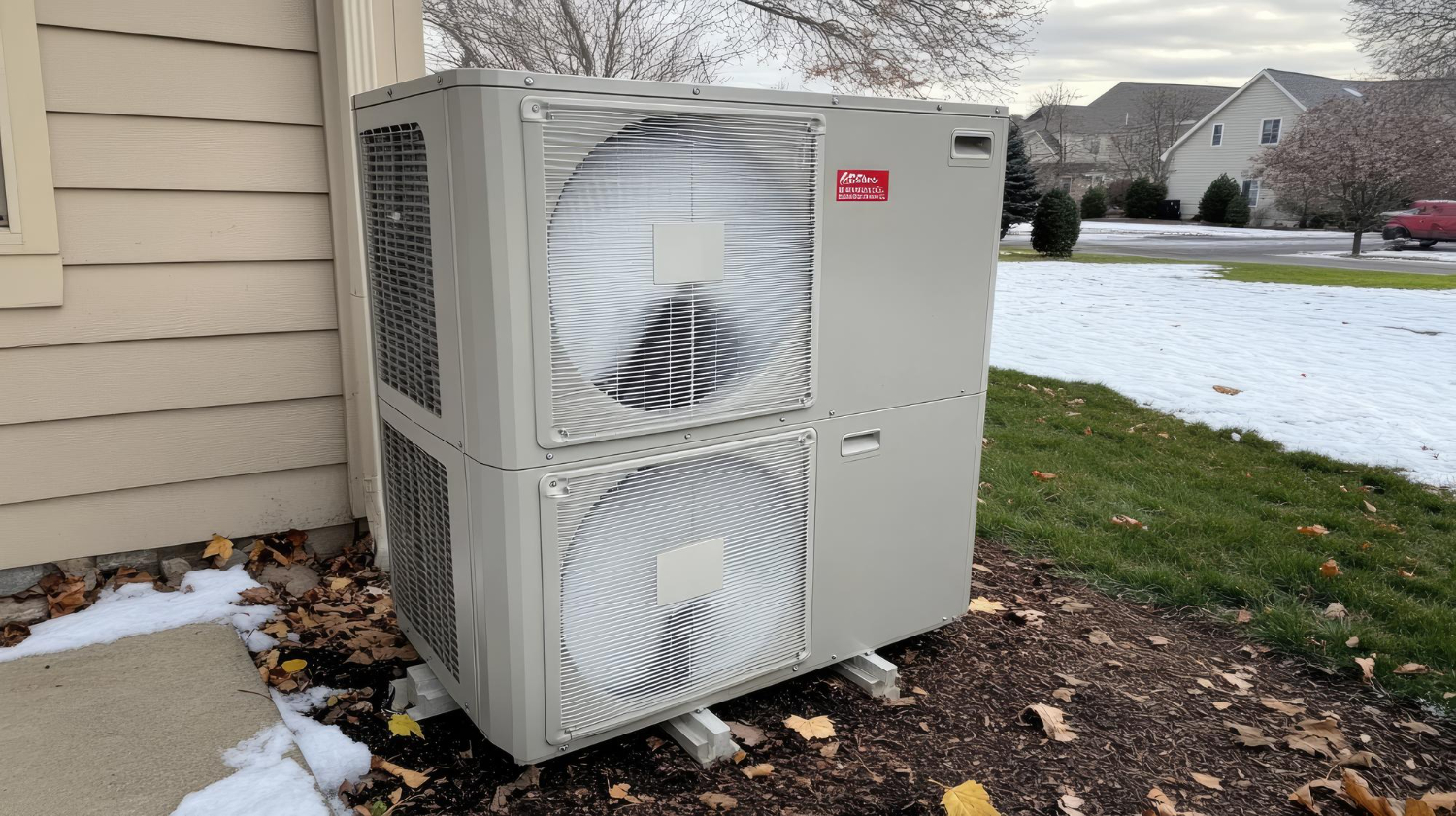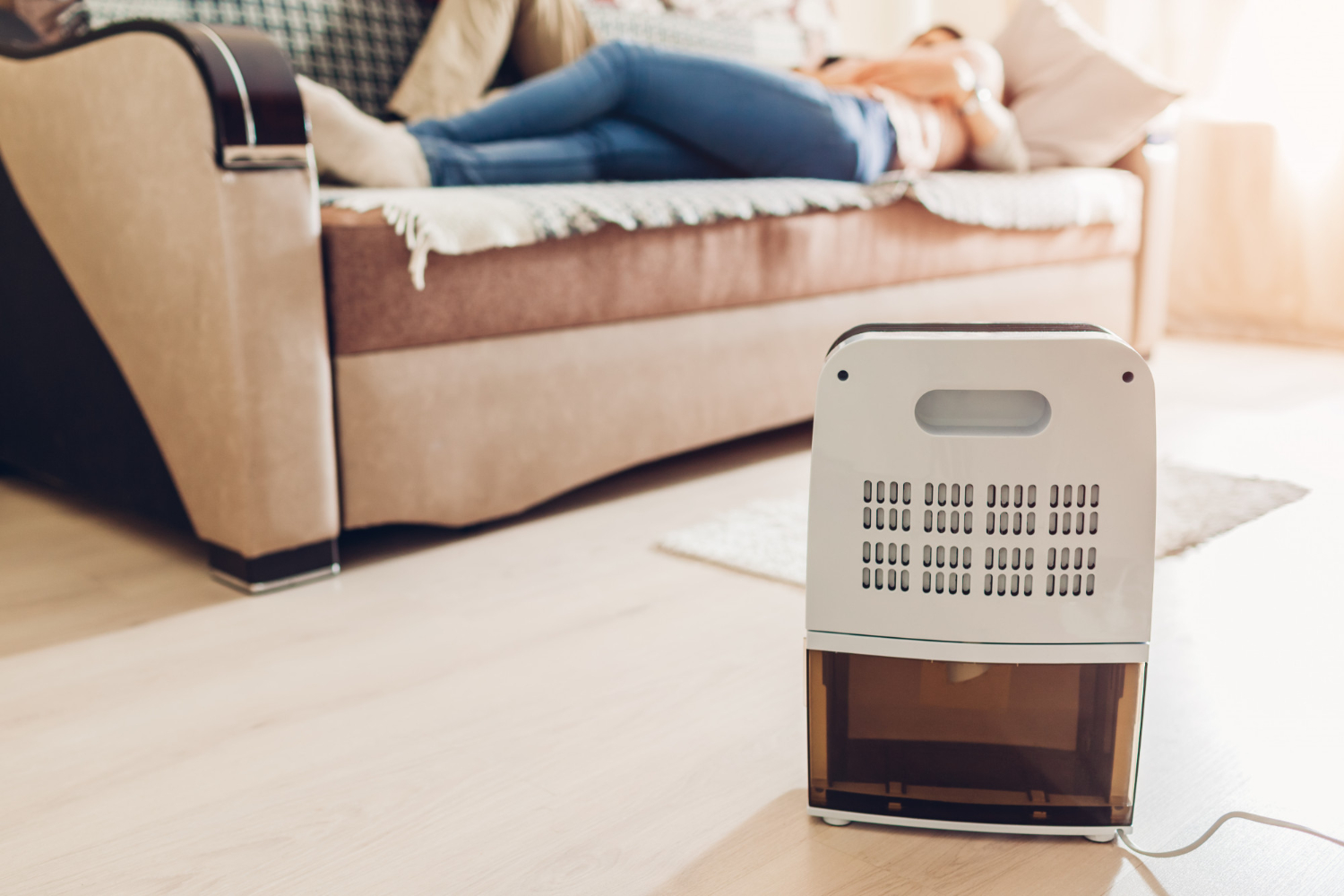Replacing your heat pump can be a significant decision for any homeowner. Heat pumps are vital for keeping your home comfortable, providing both heating and cooling throughout the year. However, like all mechanical systems, heat pumps have a limited lifespan and will eventually need to be replaced. Knowing when the right time for a heat pump replacement is can save you from costly repairs and inefficiencies.
Signs Your Heat Pump Needs Replacement
Frequent Breakdowns
If your heat pump experiences frequent breakdowns, it’s a clear sign that replacing the unit might be more cost-effective than continually repairing it. Spending money on constant repairs can add up quickly, and more importantly, it means your system is often out of service when you need it the most. Our professionals can help you assess whether the frequency and severity of the breakdowns warrant a heat pump replacement.
Call Us
Increasing Energy Bills
An inefficient heat pump can cause your energy bills to skyrocket. As these systems age, they lose their efficiency, making them work harder to maintain the same level of comfort in your home. If you’ve noticed a steady increase in your energy bills, it might be time to look into a heat pump replacement. Newer models are far more energy-efficient and could save you a substantial amount of money over time.
Age of the Unit
The age of your heat pump is another critical factor. Most heat pumps have a lifespan of around 10-15 years. As they age, their efficiency declines, and they are more prone to frequent issues. If your unit is approaching or has surpassed this age range, it’s wise to consider replacing it. Investing in a new heat pump can provide better performance and peace of mind, knowing you won’t need to frequently call for repairs. Our technicians can help assess the condition of your old system and guide you through the process of choosing a new one.
Evaluating the Efficiency of Your Current Heat Pump
Seasonal Energy Efficiency Ratio (SEER) Ratings
The efficiency of your current heat pump can be measured by its Seasonal Energy Efficiency Ratio (SEER) rating. The SEER rating indicates the cooling efficiency of the heat pump. Higher SEER ratings generally mean better efficiency. If your heat pump has a low SEER rating, it might be time to upgrade to a unit with a higher rating. Newer models often boast much higher SEER ratings, leading to better energy savings and a more comfortable home.
Heating Seasonal Performance Factor (HSPF) Ratings
Similar to the SEER rating for cooling efficiency, the Heating Seasonal Performance Factor (HSPF) measures the heating efficiency of your heat pump. An older heat pump with a low HSPF will struggle to provide efficient heating. Newer units with higher HSPF ratings can heat your home more effectively, using less energy in the process. Our professionals can assess the HSPF rating of your current unit and recommend a replacement if necessary.
Technological Advancements in New Units
Modern heat pumps come with a range of technological advancements that older units simply don’t have. These include improved compressor technology, smarter defrost cycles, and better heat exchanger design. Additionally, many new models are compatible with smart thermostat installations, allowing you to control your home’s temperature more efficiently.
Cost Considerations for Heat Pump Replacement
Comparing Repair vs. Replacement Costs
When deciding whether to repair or replace your heat pump, it’s important to compare the costs involved. Frequent repairs can quickly add up, and those costs might soon surpass the investment in a new system. If your heat pump requires major repairs or has a series of smaller issues that lead to continuous service calls, a replacement can be the more economical choice. Our professionals can provide a detailed cost analysis to help you make an informed decision.
Long-Term Savings with Newer Models
Investing in a new heat pump can offer significant long-term savings. Newer models are designed with advanced technology that makes them more energy-efficient, thereby reducing your monthly utility bills. Over time, these savings can offset the initial cost of installation. Additionally, newer heat pumps often come with better warranties, reducing future repair costs and providing peace of mind.
Incentives and Rebates for Upgrading
Many utility companies and government agencies offer incentives and rebates for upgrading to more energy-efficient systems. These financial incentives can further reduce the cost of a new heat pump, making it a more attractive option. It’s worth researching available rebates and speaking with our technicians, who are knowledgeable about current programs and can help you take advantage of these benefits.
Choosing the Right Heat Pump for Your Home
Types of Heat Pumps (Air-Source, Geothermal, Etc.)
There are various types of heat pumps available, and choosing the right one for your home depends on your needs and existing systems. Air-source heat pumps are the most common and work well in moderate climates. Geothermal heat pumps, which utilize the earth’s constant temperature, are highly efficient but can be more expensive to install. Consult our professionals to determine which type of heat pump is best suited for your home.
Size and Capacity Considerations
Choosing the correct size and capacity for your heat pump is crucial for optimal performance and efficiency. A unit that is too small will struggle to maintain a comfortable temperature, while one that is too large can cycle on and off too frequently, leading to wear and increased energy use. Our technicians can perform a load calculation to ensure you select a heat pump that fits your home’s needs perfectly.
Integration with Existing Systems (Ductwork, Smart Thermostats, Etc.)
When installing a new heat pump, it’s essential to consider how it will integrate with your existing systems. This includes checking the compatibility with your current ductwork and exploring options for smart thermostat installation. Upgrading your thermostat can provide better control over your heating and cooling system, enhancing efficiency and comfort.
Conclusion
Replacing your heat pump involves careful consideration of various factors, including the frequency of breakdowns, energy efficiency, and cost implications. By evaluating the current efficiency of your heat pump and exploring modern options, you can make an informed decision that enhances home comfort and reduces long-term costs.
For a reliable heat pump replacement in Port Ludlow, contact Eagle Pipe Heating & Air today. Let our skilled technicians help you find the ideal solution for your home’s heating and cooling requirement!





